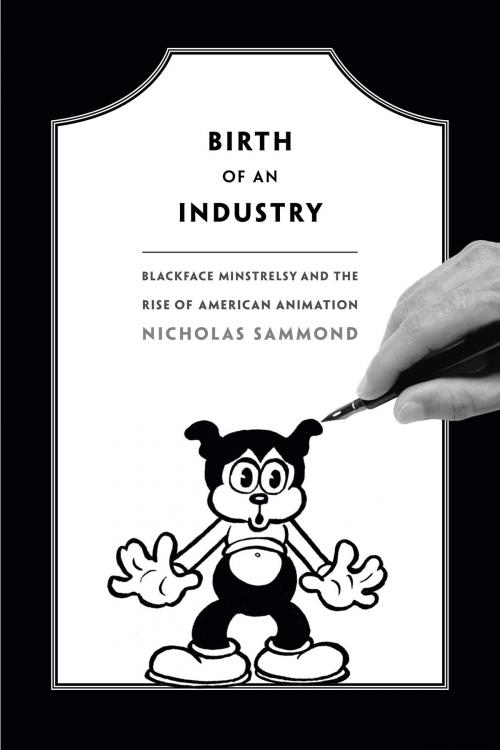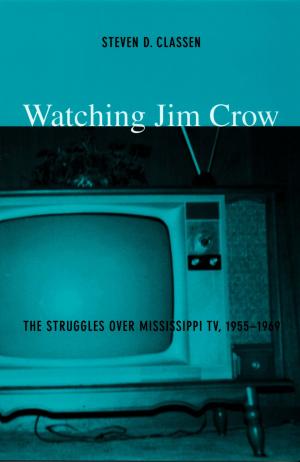Birth of an Industry
Blackface Minstrelsy and the Rise of American Animation
Nonfiction, Entertainment, Film, History & Criticism, Performing Arts| Author: | Nicholas Sammond | ISBN: | 9780822375784 |
| Publisher: | Duke University Press | Publication: | August 27, 2015 |
| Imprint: | Duke University Press Books | Language: | English |
| Author: | Nicholas Sammond |
| ISBN: | 9780822375784 |
| Publisher: | Duke University Press |
| Publication: | August 27, 2015 |
| Imprint: | Duke University Press Books |
| Language: | English |
In Birth of an Industry, Nicholas Sammond describes how popular early American cartoon characters were derived from blackface minstrelsy. He charts the industrialization of animation in the early twentieth century, its representation in the cartoons themselves, and how important blackface minstrels were to that performance, standing in for the frustrations of animation workers. Cherished cartoon characters, such as Mickey Mouse and Felix the Cat, were conceived and developed using blackface minstrelsy's visual and performative conventions: these characters are not like minstrels; they are minstrels. They play out the social, cultural, political, and racial anxieties and desires that link race to the laboring body, just as live minstrel show performers did. Carefully examining how early animation helped to naturalize virulent racial formations, Sammond explores how cartoons used laughter and sentimentality to make those stereotypes seem not only less cruel, but actually pleasurable. Although the visible links between cartoon characters and the minstrel stage faded long ago, Sammond shows how important those links are to thinking about animation then and now, and about how cartoons continue to help to illuminate the central place of race in American cultural and social life.
In Birth of an Industry, Nicholas Sammond describes how popular early American cartoon characters were derived from blackface minstrelsy. He charts the industrialization of animation in the early twentieth century, its representation in the cartoons themselves, and how important blackface minstrels were to that performance, standing in for the frustrations of animation workers. Cherished cartoon characters, such as Mickey Mouse and Felix the Cat, were conceived and developed using blackface minstrelsy's visual and performative conventions: these characters are not like minstrels; they are minstrels. They play out the social, cultural, political, and racial anxieties and desires that link race to the laboring body, just as live minstrel show performers did. Carefully examining how early animation helped to naturalize virulent racial formations, Sammond explores how cartoons used laughter and sentimentality to make those stereotypes seem not only less cruel, but actually pleasurable. Although the visible links between cartoon characters and the minstrel stage faded long ago, Sammond shows how important those links are to thinking about animation then and now, and about how cartoons continue to help to illuminate the central place of race in American cultural and social life.















